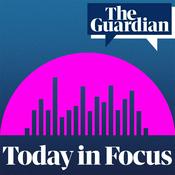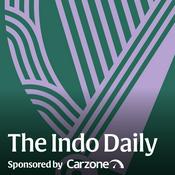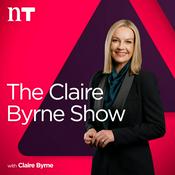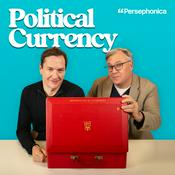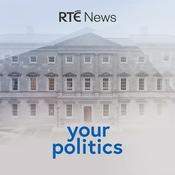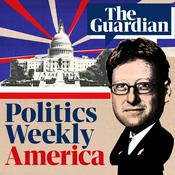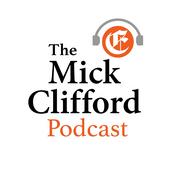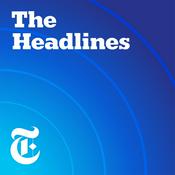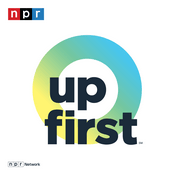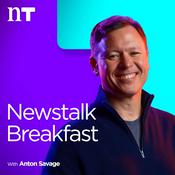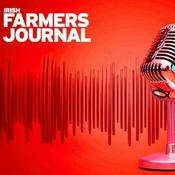67 episodes
- Why do so many white evangelicals, the religious group with the highest gun ownership rates in the country, believe they have a “God-given right” to possess firearms? William Kole, author of In Guns We Trust: The Unholy Trinity of White Evangelicals, Politics, and Firearms, joins us to discuss evangelicals’ fixation with gun access. Why don’t mass shootings, even in schools, provoke more than “thoughts and prayers” from most evangelicals? How do ideas about race and gender contribute to white evangelicals’ insistence on having unrestricted access to firearms? And, what can we do to address America’s gun problems and get enough evangelicals on board so that it will have a real political impact?
- What does it mean to be intersex, and how have religious communities responded to the presence of intersex people? M. Wolff, author of Body Problems: What Intersex Priest Sally Gross Teaches Us about Embodiment, Justice, and Belonging, joins us to discuss intersex activism. What do intersex activists want from the medical field, religious communities, and the broader society? How did the Catholic Church react to the presence of an intersex priest? And what can everyone do to be more supportive and inclusive of intersex people today?
- Why turn to the Bible to look for insights on transgender people and gender variation, especially when so many anti-trans people use the Bible to justify bigotry? Joseph Marchal and Melissa Harl Sellew, two editors of the book Trans Biblical: New Approaches to Interpretation and Embodiment in Scripture, join us to discuss what it means to do a trans interpretation of the Bible. What does the Bible have to say about gender variance? Why should cisgender people care about transgender interpretations of the Bible? And, as anti-trans rhetoric and policies proliferate, what can thinking about transgender people, the Bible, and religion help us with right now in today’s political climate?
- How are some religious communities working to support and protect undocumented immigrants in the United States? Barbara Sostaita, author of Sanctuary Everywhere: The Fugitive Sacred in the Sonoran Desert, joins us to discuss why some religious people believe it is their duty to help migrants. What specific things are religious communities able to do for undocumented immigrants? What is life like for someone who takes sanctuary within a religious community? And, what can people who are outraged by ICE raids and deportations do to help immigrants today?
- What is the history of Black Catholics in the United States, and what are the most pressing issues facing Black Catholics today? Tia Noelle Pratt, author of Black and Catholic: Racism, Identity, and Religion, joins us to discuss Black Catholics and racism in the Catholic Church. In what ways does the U.S. Catholic Church perpetuate systemic racism? How have Black Catholics tried to combat this racism? And, what should the Catholic Church and individuals do to address racism within Catholicism today?
More News podcasts
Trending News podcasts
About The Revealer
As an extension of the online magazine the Revealer, this podcast explores the social and political roles religion plays throughout the world. How should we make sense of religion's influence on politics, sexuality, race, and people's everyday lives? Produced by NYU's Center for Religion and Media and hosted by Dr. Brett Krutzsch, each month we'll sit down with experts to discuss how religion shapes our world. Join us for this important conversation.
Podcast websiteListen to The Revealer, The News Agents and many other podcasts from around the world with the radio.net app

Get the free radio.net app
- Stations and podcasts to bookmark
- Stream via Wi-Fi or Bluetooth
- Supports Carplay & Android Auto
- Many other app features
Get the free radio.net app
- Stations and podcasts to bookmark
- Stream via Wi-Fi or Bluetooth
- Supports Carplay & Android Auto
- Many other app features


The Revealer
Scan code,
download the app,
start listening.
download the app,
start listening.




